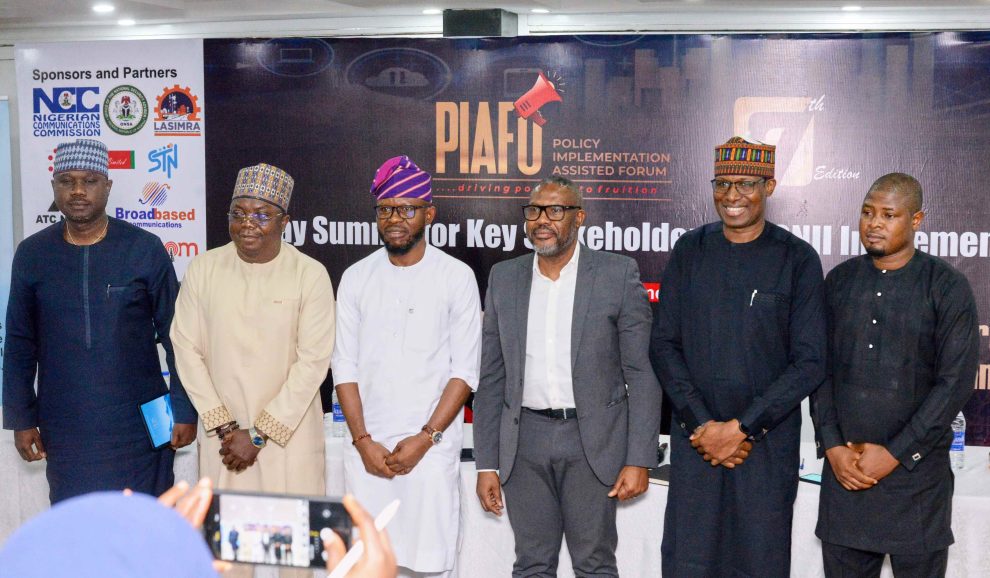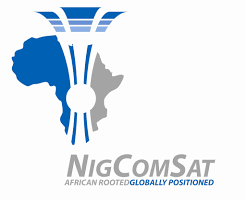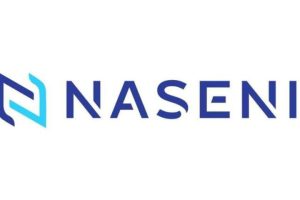Industry leaders in Nigeria have stressed the need for a multi-faceted approach to safeguard the country’s telecommunications infrastructure and protect investments in the sector.
While acknowledging the importance of the Executive Order on the Designation and Protection of Critical National Information Infrastructure (CNII), experts argue that the order alone is insufficient. They say that operators must first address internal issues and standardisation challenges to ensure the safety of their infrastructure.
Speaking at the 7th Policy Implementation Assisted Forum (PIAFo) Summit in Lagos, industry figures highlighted pressing concerns such as infrastructure vandalism, unauthorised installations, and cable theft. They proposed a range of solutions to protect Nigeria’s critical national infrastructure.
Gbenga Adebayo, Chairman of the Association of Licensed Telecommunications Operators of Nigeria (ALTON), emphasised the importance of proper infrastructure maintenance and installation to prevent vandalism and theft. He pointed to the widespread problem of stolen manhole covers and poles, attributing it to poor maintenance practices.
“When properly installed, these components are difficult to remove. However, due to negligence, they are often left unsecured, making them easy targets for theft,” Mr. Adebayo said.
He also noted that community resistance to infrastructure projects has significantly hampered progress, recounting instances where local communities blocked access to sites due to previous unaddressed damages caused by contractors. Mr. Adebayo urged stakeholders to build better relationships with communities to avoid such conflicts.
Another critical issue identified by Mr. Adebayo was the unauthorised installation of infrastructure without government approval, which can lead to accidental damage during road construction projects. He called for improved industry coordination to resolve these internal challenges before relying solely on the CNII provisions.
Echoing these concerns, Tony Emoekpere, President of the Association of Telecommunications Companies of Nigeria (ATCON), stressed the need for standardisation and better coordination among stakeholders. He argued that Nigeria’s infrastructure challenges extend beyond technical issues to environmental and ethical considerations.
“We are dealing with a moral challenge. An engineer who switched from diesel to gas generators encountered a new problem—workers began stealing engine oil instead, as they could no longer siphon diesel. These issues require both technical and ethical solutions,” Mr. Emoekpere explained.
He emphasised that standardisation is key to long-term sustainability, calling for the establishment of proper standards that all stakeholders can adhere to. Mr. Emoekpere also pointed out that while Nigeria has strong policies, implementation remains a significant challenge.
The importance of tackling cable theft and vandalism was further highlighted by Wale Owoeye, CEO of Cedarview Communications Limited. He described the alarming frequency of cable cuts, which disrupt network operations and increase maintenance costs.
Mr. Owoeye proposed three key approaches to combat this problem: reorientation, enforcement, and proactive measures. He stressed the need to educate local communities on the consequences of vandalism and to enforce strict legal penalties, including long-term imprisonment, to deter offenders. He also advocated for preventive strategies over reactive responses.
As a proactive measure, Mr. Owoeye suggested creating a dedicated fund to support advocacy and awareness campaigns across Nigeria, pledging a personal contribution and encouraging other industry players to do the same.
The speakers collectively emphasised that addressing these challenges requires collaboration among industry players, government agencies, and local communities. They called for a concerted effort to enforce policies, engage stakeholders, and implement practical solutions to ensure the long-term sustainability of Nigeria’s telecommunication infrastructure.





Add Comment